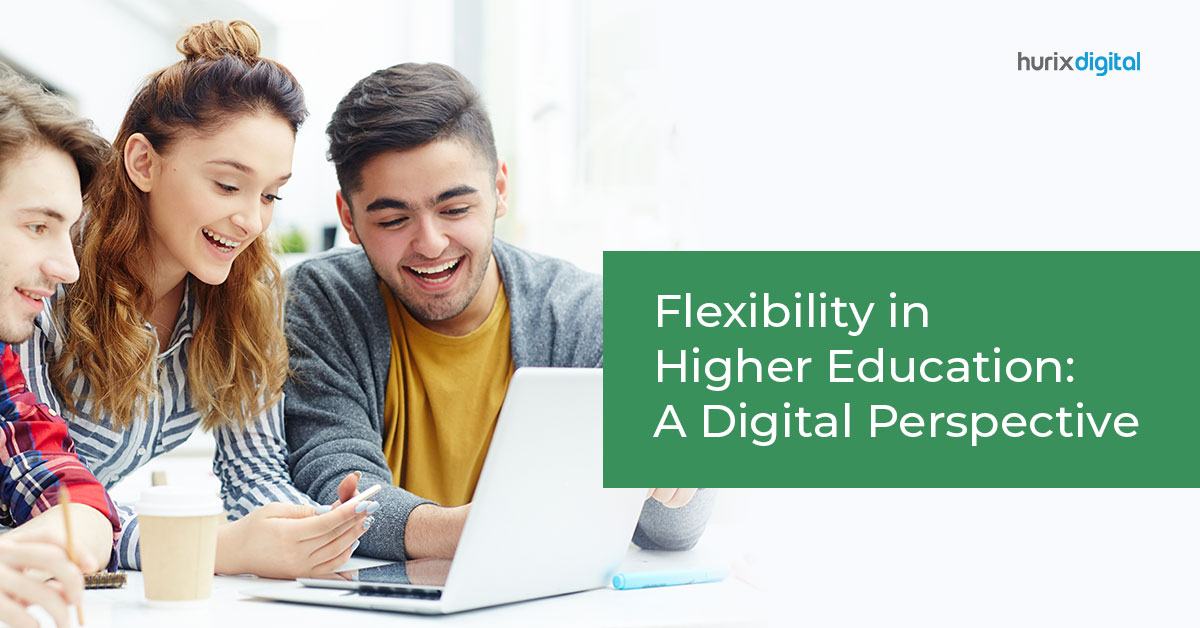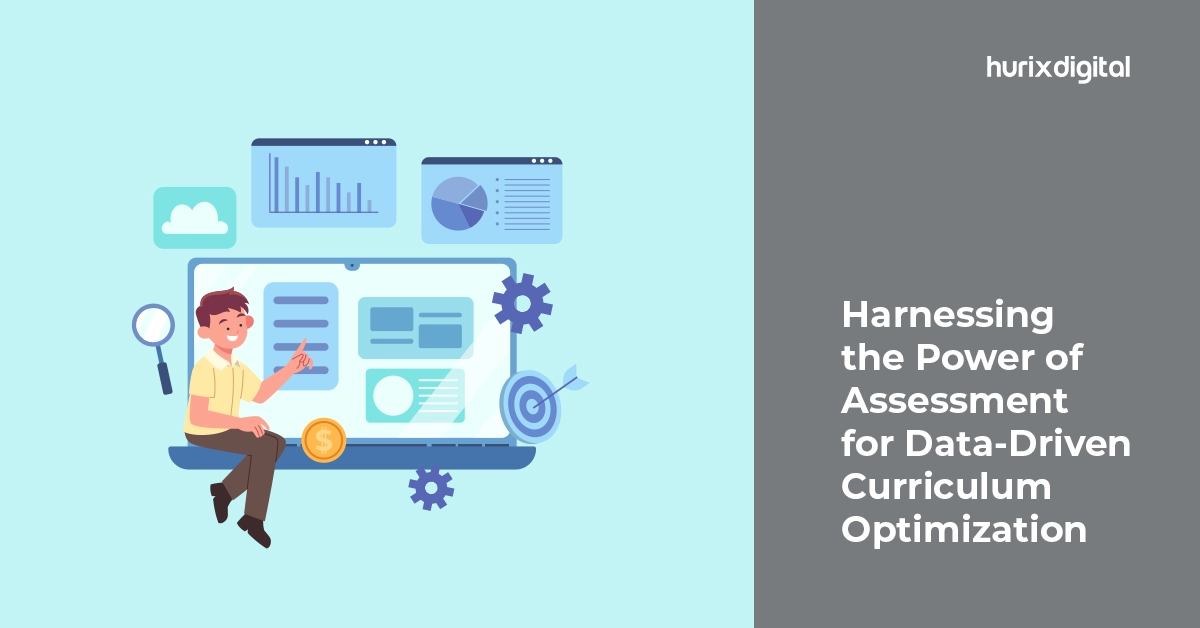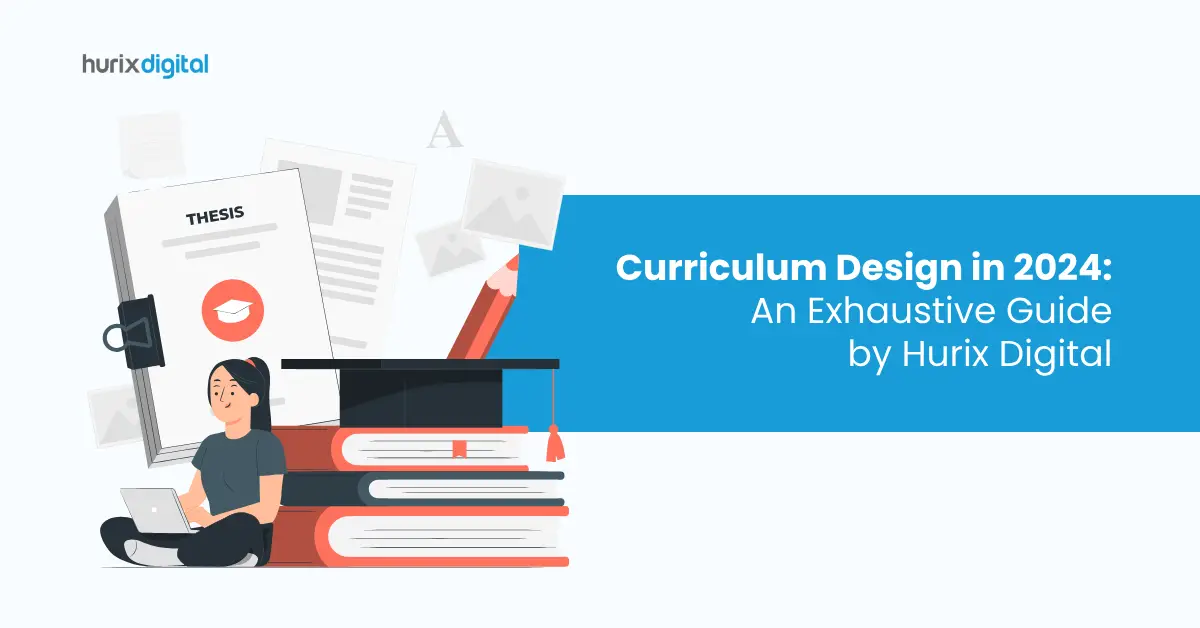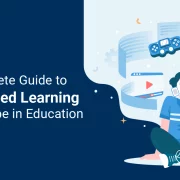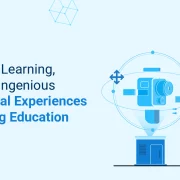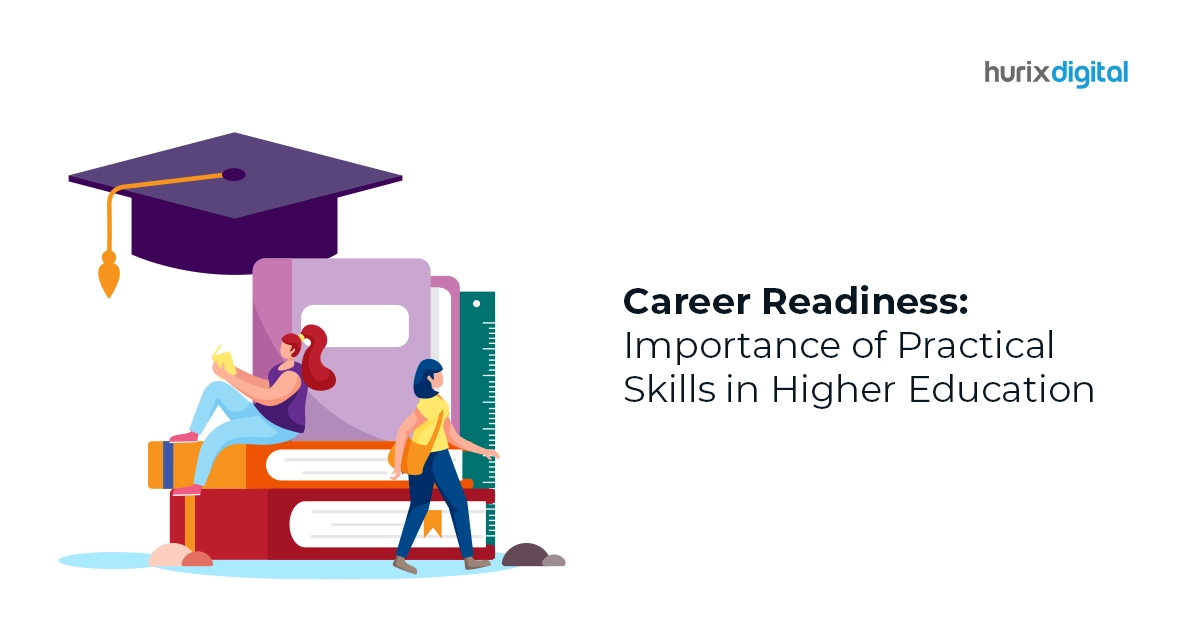
Career Readiness: Importance of Practical Skills in Higher Education
Summary
The article highlights the critical importance of embedding practical skills within the higher education curriculum to adequately prepare students for real-world scenarios.
Education plays a key role in helping students grow into responsible individuals who can strive to make the world a better place. Additionally, it is through education that individuals can achieve their dream careers. However, given the advent of technology in education and the market demand, an effective way to achieve this goal is through eLearning.
This is because eLearning in higher education incorporates some practical skills and real-life knowledge to empower students to take control of their lives later on.
Applied learning experiences are pivotal to help students take a sneak peek into how the real world works and the skills they need to navigate it better. Let’s understand how vocational training in higher education helps prepare students for their careers.
Table of Contents:
- What are Practical Skills?
- Why are Practical Skills Important in Higher Education?
- Tips to Incorporate Practical Skills Into Curriculum
- Empowering Education with Technology (Conclusion)
What are Practical Skills?
Practical skills are the skills that students acquire outside of academic education in order to be able to navigate their daily lives better. Some examples of 21st-century practical skills are:
- Digital literacy
- Reading
- Videography skills
- Communication and writing skills
- Social influence and networking
- Computer skills and basic programming
- Speech and creativity
- Prioritization and time management
- Critical thinking and mental clarity
Learning and knowing these skills as part of higher education helps students prepare better for their future and careers. It is a key skill set that makes them responsible adults who can take better control over their own lives.
Why Are Practical Skills Important in Higher Education?
Success in the modern economy today depends on more factors than just knowing theoretical concepts. Students need to learn how to make connections and maintain their financial, emotional, and thinking integrity in conjunction with knowing how to apply the knowledge they have gained.
There are several key skills that students gain from participating in career-oriented education activities:
1. Learning Real-World Skills
Vocational training in higher education teaches students valuable real-world skills such as digital literacy. Understanding the basics of advancements occurring around the globe is key to staying relevant and updated with how the world economy is evolving. It helps students stay current and make the most of their opportunities through accessing resources brought within reach through learning practical skills.
2. Financial Literacy
One of the key responsibilities that higher education students face throughout their careers is financial literacy. It is important to incorporate career-oriented training in finances (such as understanding taxes, insurance, investments, forex, market, etc.) to empower students to make beneficial and responsible financial decisions as high-functioning adults of the society. It also helps save them from bad debts later.
3. Career Planning and Readiness
Higher education should also involve practical lessons on career planning and readiness. It is important for students to gain some exposure to the career paths available to them in the future based on how they are performing and the gaps they need to close in order to achieve their dreams. It provides them with a pragmatic view of the choices and decisions laid out in front of them.
4. Emotional Intelligence
Practical skills also involve training the emotional intelligence of students. They help them think rationally so that they can avoid making impulsive decisions for their future.
To achieve this, teachers can use activities that teachers, such as mindfulness exercises, role-playing, storytelling, creative expression, and SEL (Social-Emotional Learning) programs.
5. Community Building, Networking, Socialization
Practical skills also teach students to form meaningful and rewarding social bonds with their peers, colleagues, and fellow learners. This exercise of community building and socialization is key to supporting students in their workplace, where forming meaningful connections can help them progress in their careers.
Furthermore, humans are social beings – it is a crucial practical skill to be able to understand social cues.
6. Problem-Solving and Decision-Making
Practical skills teach students to look at the big picture from multiple perspectives. This helps them approach problems and decisions with as much information as possible. Some effective ways to incorporate problem-solving and decision-making skills are through activities such as role-playing, simulations, case studies, brainstorming sessions, and mind mapping.
Tips to Incorporate Practical Skills Into Curriculum
Teachers can incorporate these practical skills into the regular curriculum using tips and methods discussed below:
1. Project-Based Learning
Teachers can design a part of the coursework around real-world projects to help students understand practical problems, situations, and feasible approaches for solutions. This is an excellent technique to simulate professional scenarios where students can hone their decision-making and problem-solving skills.
It is possible to make project execution easier by using digital solutions that help students gain access to the necessary resources and create and submit their work centrally.
2. Internships and Externships
Institutes can establish partnerships with industry partners to help their students get exposure to the real world through internships and externships. It is a great way to deliver hands-on learning experiences to students, coming straight from industry professionals. Besides, it helps students establish career networks for the future.
3. Simulations and Role-Playing
Simulations are an excellent way to set up future scenarios in the classroom and have students role-play to search for solutions. It helps them understand, to some extent, how real-life situations work and how they can decide their approaches.
Teachers can make use of digital tools and experiences to enhance the quality of simulations.
4. Field Trips and Visits
Field trips to relevant organizations help students gain exposure to real-life practices and experiences of work culture. It helps them set their expectations for work life and plan their future and career accordingly.
5. Service-Learning Projects
Service-learning projects integrate community engagement into higher education seamlessly. Teachers can design projects that require students to engage with their local community or society and work towards solving a problem by acknowledging real-world issues as a form of creating awareness.
Empowering Education with Technology (Conclusion)
Academics are a crucial part of an individual’s life and future. When combined with practical skills, they can become transformative for higher education students. Vocational training for higher education not only equips students with necessary real-world skills but also teaches them how to make responsible decisions and stay out of trouble.
If your institution is looking to implement practical learning at school, consider using digital solutions to make the delivery more effective and the lessons more impactful. Hurix Digital works with you as your digital partner to help you implement all manner of practical skills through simulation modules, AR/VR modules, interaction and socialization through virtual communication, and much more.
Explore Hurix Digital to understand the full scope of their services. For further details, get in touch with Hurix Digital today!

Senior Vice President
A Business Development professional with >20 years of experience with strong capability to sell new solutions and develop new markets from scratch. New Market Entry Specialist with experience of working in two of the largest emerging markets – China & India. Also covered other key markets in APAC, US, EU & ME. Exceptional experience of conceptualizing, ideating and selling new learning technologies like VR AR, etc. across multiple industry verticals.
